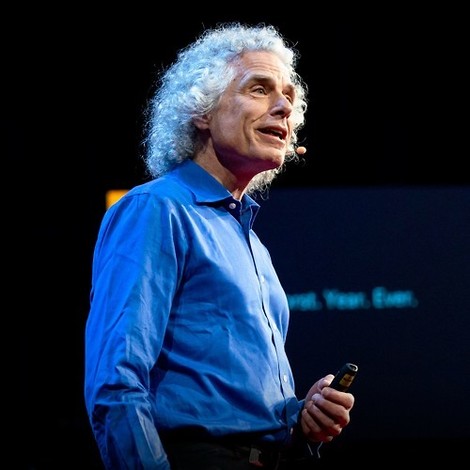Your podcast discovery platform
Curious minds select the most fascinating podcasts from around the world. Discover hand-piqd audio recommendations on your favorite topics.

piqer for: Boom and bust Deep Dives Global finds Globalization and politics
Will Kherbek is the writer of the novels Ecology of Secrets (2013) and ULTRALIFE (2016), both published by Arcadia Missa. His Ph.D. was granted by the University of London in 2014. In 2018, the poetry collections 26 Ideologies for Aspiring Ideologists (If a Leaf Falls Press) and Everyday Luxuries (Arcadia Missa) were published. Kherbek is also the writer of the essay "Technofeudalism and the Tragedy of the Commons" (2016) which appeared in the debut issue of Doggerland's journal. The essay considers the role of information in the writing of the Nobel Prize winning economist, Elinor Ostrom, in relation to the concept of the "tragedy of the commons" as formulated by Garrett Hardin. He has written about high frequency trading and finance for the award-winning German language publication, BLOCK, and has consulted and appeared at events with the conveners of the Alternative School of Economics and Rabbits Road Institute in London. His art journalism has appeared widely in publications including Flash Art, Spike Magazine, MAP Magazine, Berlin Art Link, Rhizome.org, and others.
The Business Of Optimism: Shining A Gaslight On Global Poverty
“It was the best of times, it was the worst of times,” is the opening line of Charles Dickens’ A Tale of Two Cities. Set against the events of the French Revolution, the phrase captures the tumult and contradictions of that period of drastic structural and cultural change. How would someone writing now describe the ruptures that define the 21st century? The psychologist, Steven Pinker, author of bestselling books like The Better Angels of Our Nature, surveying a world in which inequality, warfare, and discrimination threaten even the most ostensibly stable and “prosperous” countries, would perhaps offer a small cut to the Dickens quote: “It was the best of times.”
In Episode 58 of Citations Needed, presented by Nima Shirazi and Adam Johnson, the hosts attempt to dismantle what they call the “neoliberal optimism industry”, a mindset epitomised by Pinker’s rosy outlook.
Guest Dr. Jason Hickle digs deeper into the arguments and statistics Pinker offers. For example, Pinker frequently cites reductions in absolute poverty (people living on less than $1.25 per day); Hickle acknowledges that these numbers have dropped dramatically, but if one uses the World Bank’s metric of $5.00 per day, the population of the world living on that much or less has actually increased since the 1980s. The business of aid is also a key area where Hickle’s research debunks economic happy talk. Consider this somewhat surprising fact about capital flows: the total capital flowing from the global north to the global south as of 2012 was approximately $2 trillion. The capital flowing south to north, via debt interest repayment arrangements and off-shore shenanigans by western corporations, amounts to $5 billion. The south, thus, is a net creditor of the north. That the 21st century is the best of times for some, the hosts note, is clearly true, but just knowing other people are doing well offers little comfort to those for whom these are the worst of times.
Stay up to date – with a newsletter from your channel on Globalization and politics.
